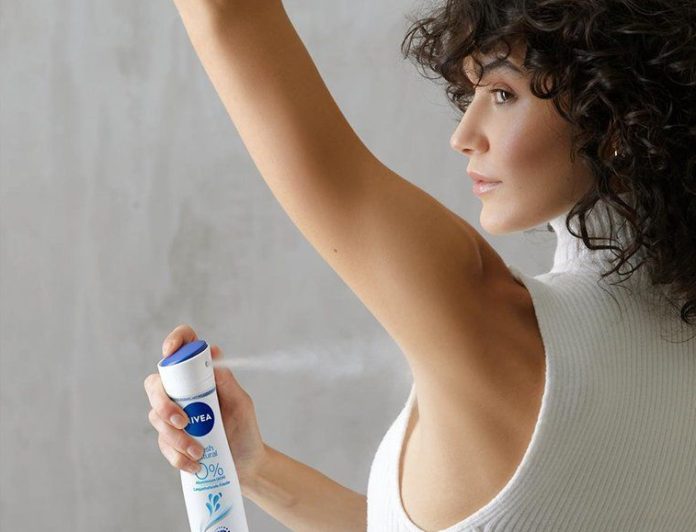Deodorant used by many individuals to control odor. However, there was concern about potential link between swollen lymph nodes and deodorant. Lymph are small bean shaped structured and play crucial role in immune system. It filters out harmful substances and producing white blood cells. Some people think that certain ingredients in deodorants as aluminum compounds can absorbed and cause immune leading to swollen lymph nodes. But scientific evidence linking about it is limited and inconclusive. It’s important to be aware of potential risks and note that swollen lymph nodes can be caused by other factors as infections, autoimmune disorders, and cancer. There are natural deodorants which do not contain aluminum compounds if you concerned about potential risk of deodorant. If you are experiencing persistent swelling or discomfort in lymph nodes, you should consult with doctor. In next section we will discuss more about potential risks of deodorant and lymph nodes.
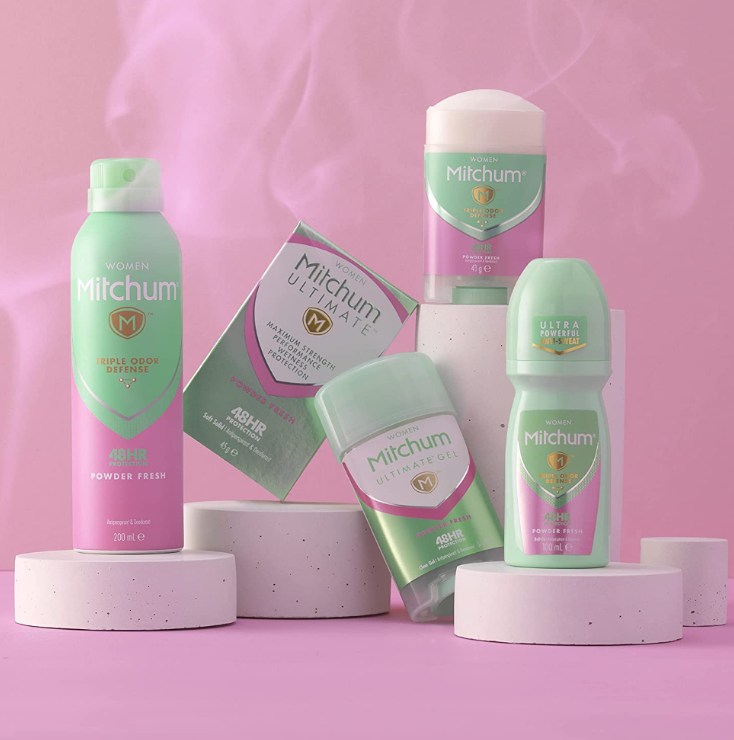
Deodorant and Lymph Nodes: An Overview
Deodorant is common personal care used to control body odor. But some people can wonder if deodorant affect lymph nodes. In this section we will have an overview of deodorant and lymph nodes to understand relationship between them.
Lymph nodes are small and bean shape structured. They are part of lymphatic system and located throughout body. They play an important role in immune system by filtering lymph fluid and detaining harmful substances such as bacteria and viruses. When lymph nodes swollen or enlarged, it is usually sign of that body fights against disease or infection.
On other hand, deodorant is applied to skin to control body odor. It works by killing bacteria that cause odor or by neutralizing compounds that cause an unpleasant odor. Deodorants can be in different types: roll-ons, sticks, sprays, creams and etc. They can contain various ingredients as fragrances, antimicrobial agents, and preservatives.
Although there is no direct evidence that deodorant cause problems with lymph nodes, some people may get allergic reaction or irritation from deodorant ingredients. This can lead to redness, itching or swelling which may affect lymph nodes in armpit area. In rare cases, deodorant containing aluminum compounds can cause an adverse reaction which will lead to swollen lymph nodes.

Chemicals in Deodorant
Deodorants contain various chemicals to prevent unpleasant body odor. Some of these chemicals can cause to health problems.
Aluminum compounds is one of them and often used in antiperspirants to block sweat glands and reduce sweating. But some studies say that aluminum can be linked to breast cancer or Alzheimer’s disease. Research on this topic is ambiguous, and more research is needed to determine true effect of aluminum on body.
Other potentially harmful chemicals in deodorants can be parabens, triclosan and phthalates. Parabens are preservatives which have been linked to breast cancer and hormonal disorders. Triclosan is an antibacterial agent and also has been linked with hormonal disorders and antibiotic resistance. Phthalates are used to make plastics flexible and can cause problems of development and reproductive system in children.
Many people choose to use natural deodorants because they are concerned about their potential health risks. Natural deodorants include ingredients such as coconut oil, baking soda or essential oils. They might be not that much effective as traditional deodorants but they are safer alternative for people who concerned about their potential health risk.
And if you also concerned about chemicals in your deodorant then better to read label and choose deodorants without parabens, triclosan, aluminum, phthalates or other potentially harmful ingredients.
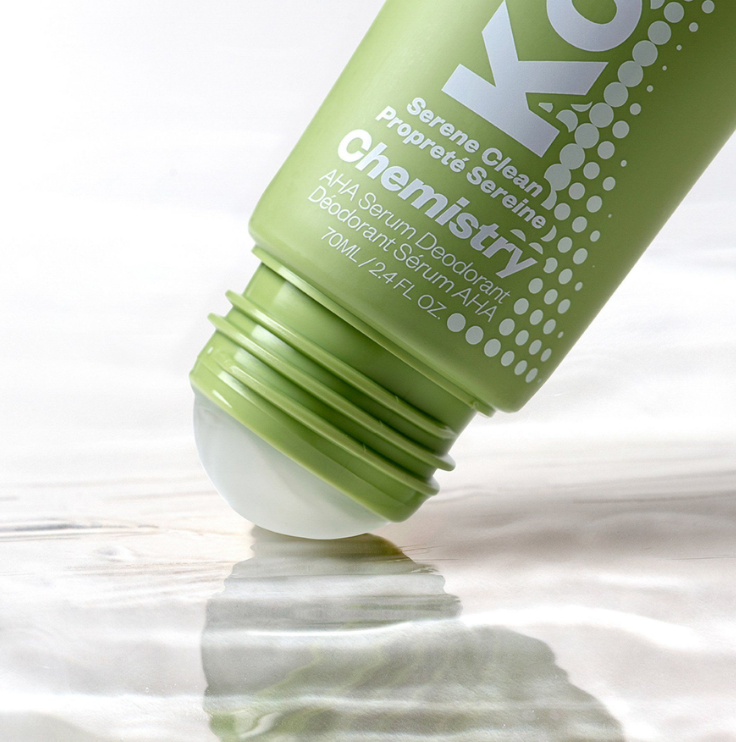
Lymphatic System Function
Our lymphatic system is maintaining fluid balance in our body and defend it against infections. It is complex network of tissues, organs and vessels which work together. Lymphatic system is the most important part of our immune system and responsible for removing and filtering toxins and waste from our body. The key functions of lymphatic system are:
- To collect excess fluid from tissues of body and return it into bloodstream. It helps maintain healthy level of fluid and prevent swelling.
- To filter out products and abnormal cells from fluid accumulated in lymphatic vessels. After they transported to lymph nodes, where they are destroyed by special cells – lymphocytes.
- Production and storage of white blood cells, which are necessary to fight diseases and infections.
- Absorption and transportation of fats and fat-soluble vitamins from digestive system into bloodstream.
Certain factors can lead to lymphatic systems disruption, while it designed to protect body from infections and diseases. For example, exposure to infections, toxins or certain medical treatments can affect function of our lymphatic system and increase risk of developing lymphatic disorder.
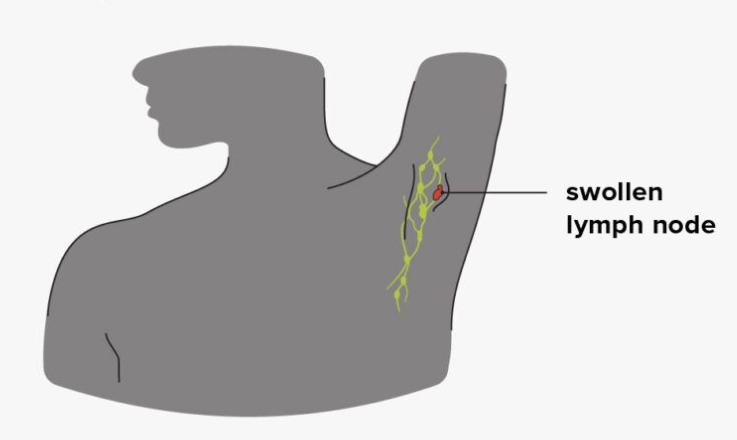
Potential Effects of Deodorant on Lymph Nodes
Deodorant is a popular personal hygiene product that is used to mask body odor. It is available in different forms such as sprays, roll-ons, sticks, and gels. While deodorants are generally considered safe, there have been concerns about their potential effects on the lymph nodes.
The lymph nodes are part of lymphatic system. They are small, bean-shaped structured and they located throughout body, including in armpits, groin and neck. Some people believe that deodorant can lead increase of lymph nodes in armpits. This id due to fact that many deodorants contain aluminum-based compounds which might absorbed through skin. These compounds might gather in lymph nodes and cause irritation and lead to swelling.
However, now there isn’t any scientific evidence to support claim that deodorants cause increase in lymph nodes. According to Mayo Clinic, swollen lymph nodes usually caused by infections from viruses or bacteria, and rarely by cancer. But need to note that not all swelling of lymph node caused by deodorants. Other factors such as autoimmune, disorders, allergies, and certain medications also can be reason of swollen lymph nodes. If you are experiencing swollen lymph nodes, you should consult healthcare professional to determine underlying cause. And if you concern about your deodorant safety, you can choose natural deodorants or aluminum-free deodorants or consult with healthcare professional.
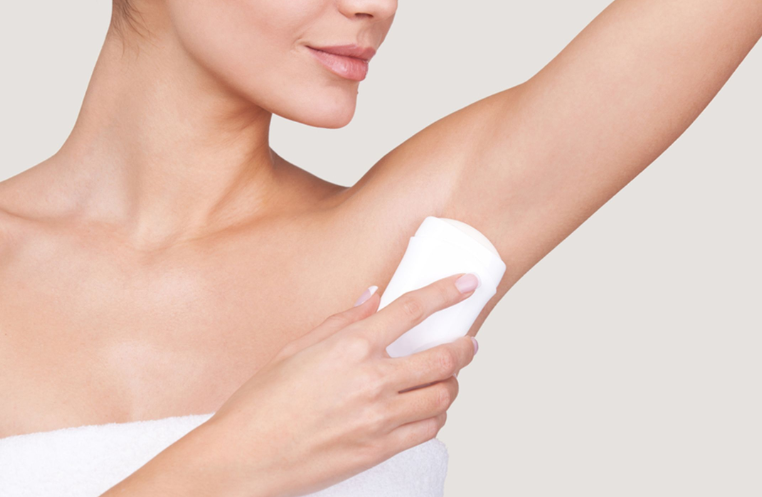
Scientific Studies on Deodorant and Lymph Nodes
There have been limited and inconclusive scientific studies on the relationship between deodorant use and swollen lymph nodes. However, some studies have suggested that certain ingredients found in deodorants, such as aluminum-based compounds, may have a potential link to lymph node enlargement.
Limited and inconclusive scientific studies have been conducted on relationship between deodorant usage and lymph nodes enlargement. However, some studies showed some ingredients as aluminum-based in deodorants may have potential link to swollen lymph nodes. One study found that aluminum chloride cause DNA damage in human breast cells but it doesn’t prove direct link between deodorant and breast cancer. It suggests potential mechanism for effects of aluminum-based compounds on breast tissue.
Another study showed that aluminum from antiperspirants may accumulate in breast tissue and contribute to breast cancer development. But this study was criticized for its lack of control group and small sample size. We should note that evidence linking usage of deodorant to lymph nodes enlargement generally of poor quality. Review of one literature concluded that there is insufficient evidence to support causal relationship between breast cancer or swollen lymph and aluminum-based antiperspirants. Overall, to understand potential risk of deodorants and antiperspirants more researches are needed.
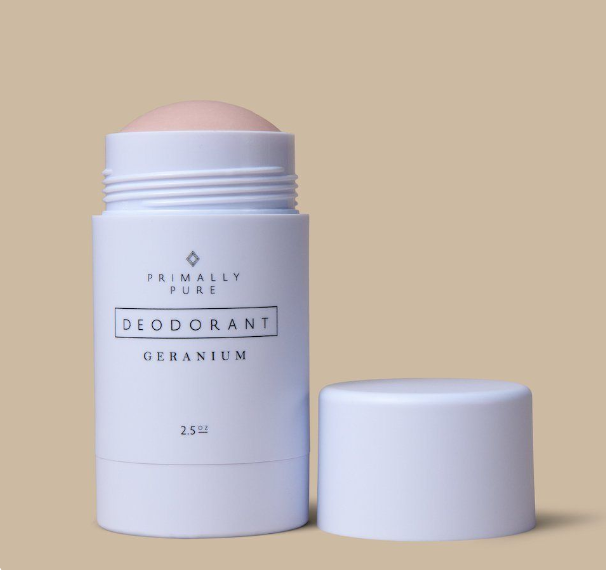
Preventive Measures and Alternatives to Deodorant
There are several preventive measures and alternatives you can consider if you are concerned about potential risks of deodorant usage.
Preventive Measures
- Avoid usage of antiperspirants contains aluminum. Search products which labeled “natural” or “aluminum-free”.
- Don’t apply direct deodorant after shaving, this can lead to irritation and increase chemical absorptions into your skin.
- To minimize exposure to chemicals, apply deodorant sparingly.
- To reduce bacteria buildup which can cause odor, wash your underarms regularly.
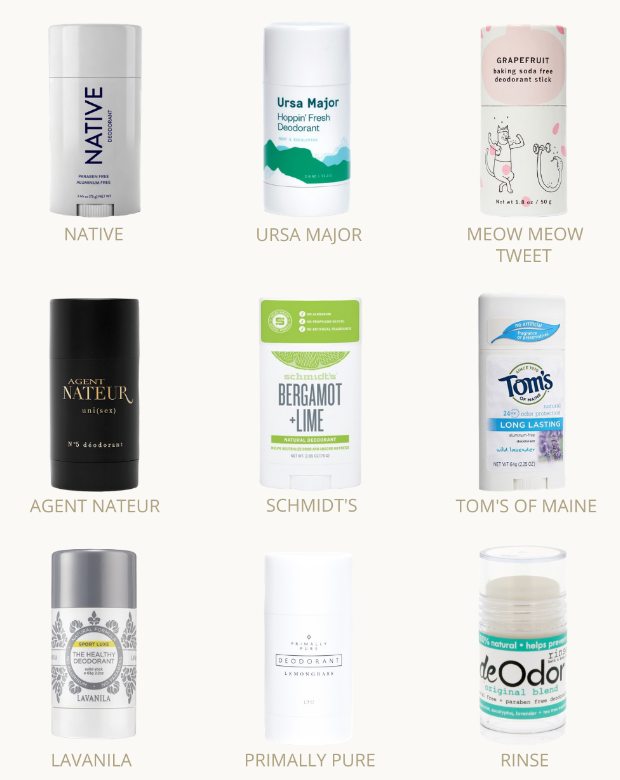
Alternatives to Deodorant
- Natural deodorants: They made with natural ingredient such as coconut oil, essential oil, and baking soda. They are aluminum free, or other potentially harmful chemicals.
- Crystal deodorants: They made from natural mineral salts which prevent odor-causing bacteria from growing on skin.
- Essential oils: Some essential oils such tea tree oil, or lavender oil have natural antibacterial properties and help prevent odor. You can mix few drops with water and apply to underarms using cotton ball.
- Diet: Eating healthy diet rich to vegetables, fruits or whole grains will help reduce body odor. But avoid foods with high sugar, caffeine or processed food.
Remember that everyone’s bode isn’t same, and what suits one person may not suit another. It will take some error and trial to find suitable alterative to deodorant that is right for you.

